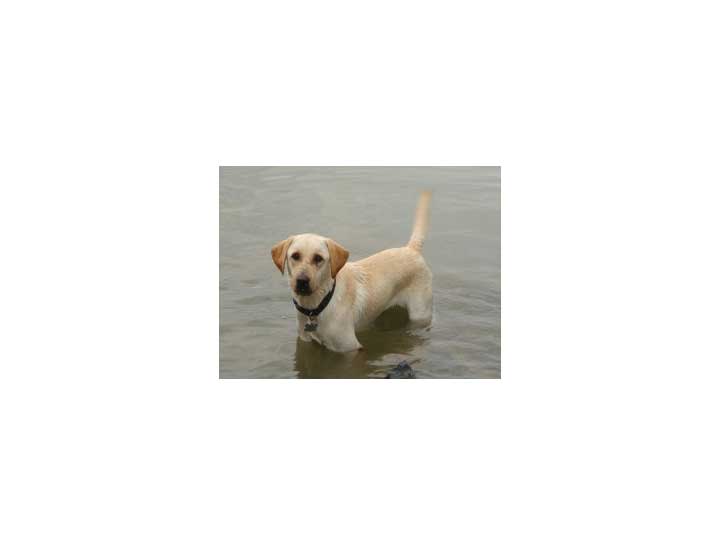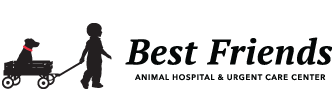Cairo – Portrait of a Canine Blood Donor

When may a dog need a transfusion? There are several conditions where we may recommend a life-saving blood transfusion. The most common cases we see that benefit from a whole blood transfusion are dogs that suffer a large loss of blood volume (for example after a traumatic injury, bleeding tumor, internal bleeding after ingesting rodent poison) or if a dog’s body starts destroying his/her own red blood cells (also called Immune Mediated Hemolytic Anemia). In all instances, we try to give you as much information about your pet and his/her condition to help you make the best decision. Sometimes, a blood transfusion IS necessary to save a pet’s life. At Best Friends Animal Hospital, we perform whole blood transfusions approximately 10 times per year. In some cases, we order and transfuse blood “components” as well (more on that below). We provide these services to our patients and all of our referring veterinary clinics, who may not have the equipment or staff available to perform transfusions.
Who are our blood donors? Currently, we have three dogs available as canine blood donors. Cairo, who belongs to Dr. Smith and Dr. Gocke-Smith, is used most often. Dogs have over a dozen different blood types, some being more “antigenic” than others. Fortunately, Cairo is a universal blood donor – meaning he is negative for all significant blood types and he can donate blood to any dog as many times as needed. Additional detailed information on canine blood types can be found on this link. Cairo can donate 500 ml of whole blood at once, and needs about 2 months in between blood donations. He is maintained on a monthly heartworm prevention medication year round and on flea/tick prevention during the summer. All of his CORE vaccinations are up to date. These precautions help prevent the risk of transmission of a blood borne disease.
So how does it work? For each donation, Cairo is sedated. We clip and scrub his jugular vein (in his neck). We use a blood collection set similar to ones used in humans to collect the blood. After donation, Cairo is given either intravenous or subcutaneous fluids to help replace his loss. He goes home the same day to a family that is thankful for a night of sedation.
What about the blood recipient? We usually pre-treat any blood recipients with diphenhydramine – an injectable anti-histamine to help decrease the risk of a transfusion reaction. Even though Cairo is a universal donor, transfusion reactions are possible and can be life-threatening. We administer the whole blood through an intravenous catheter usually placed in the patient’s front leg or neck. We monitor the recipient closely for the first half hour to watch for any signs of reaction (fever, increased heart rate, respiratory distress). The entire transfusion is usually completed in 4-6 hours.
Finally, a little more about Cairo! If your dog has had a transfusion with us, most likely he’s received Cairo’s blood. Cairo is a 6 year old yellow Labrador Retriever. He was adopted by the Smiths when they lived in Hawaii. Originally he was from Australia. Before they had their son, Connor, the Smiths spent ample time training Cairo – he even received his “Canine Good Citizen” certificate. His training took a halt when his owners had a baby, moved to Montana, and acquired a veterinary practice. Now, he spends his time destroying things in the yard, eating from the garden, and harassing the backyard chickens. His only saving grace is his super friendly personality and the fact that he is a universal blood donor.
What are components? Sometimes, a dog needs certain “parts” of blood, instead of whole blood. If a specific component is needed (such as platelets, fresh frozen plasma, or packed red cells) we order these from one of the canine blood banks. Once we place the order, we usually receive the component the next day.
Most dogs never need blood transfusions, but we are ready if they do!
